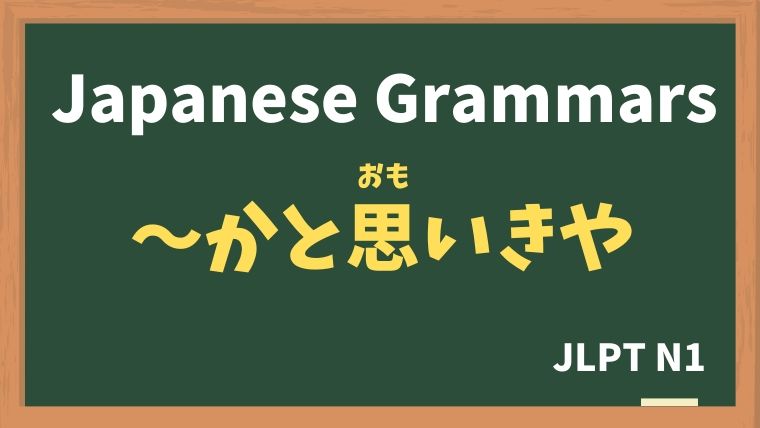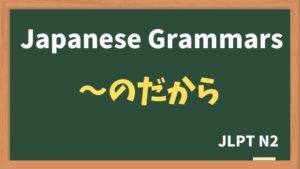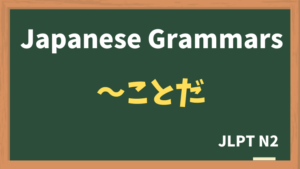
Explanation:〜かと思いきや
fa-check-circleMeaning
"〜と思ったが、実際は(違う結果になった)”
"I thought 〜, but in reality, ..."
Used to convey that something was expected or assumed to be one way, but in reality, it turned out to be quite different. It implies a contrast between what was anticipated and what actually happened.
fa-check-circleForm
V(plain form)+ かと思いきや
イA(plain form)+ かと思いきや
ナA(plain form)+ かと思いきや
N(plain form)+ かと思いきや
fa-check-circlePoints
- Unexpected Outcome: "〜かと思いきや" introduces a situation where the reality differs from what the speaker initially thought or assumed.
- Contrast: The phrase is often used to highlight a contrast between an expected outcome and what actually happens.
- Expressing Surprise: It implies that the speaker was surprised by the turn of events.
fa-check-circleJLPT Level
N1
fa-check-circleNote
「〜と思いきや」と言うこともできます。
Sample sentenes
息子は部屋で勉強しているかと思いきや、寝てた。
I thought my son was studying in his room, but he was actually sleeping.
その映画はホラーかと思いきや、コメディでした。
I thought the movie was a horror film, but it was actually a comedy.
10分早くテストが終わったかと思いきや、裏にも問題があった。
I thought the test ended 10 minutes early, but there were questions on the back as well.
あまり勉強していなかったので、テストの結果はひどいかと思いきや、80点もあった。
Since I hadn’t studied much, I expected the test results to be terrible, but I actually got an 80.
マークさんは日本で働いたことがあるので、日本語が話せるかと思いきや、全然話せなかった。
I thought Mark could speak Japanese because he has worked in Japan, but he couldn’t speak it at all.
そのレストランは毎日行列ができているので、おいしいかと思いきや、そうでもなかった。
I thought the restaurant was good because there’s a line every day, but it wasn’t that great.
彼はもう家に帰ったかと思いきや、まだ会社にいた。
I thought he had already gone home, but he was still at the office.
Vocabulary
| Japanese |
English | |
| - | ホラー | horror |






